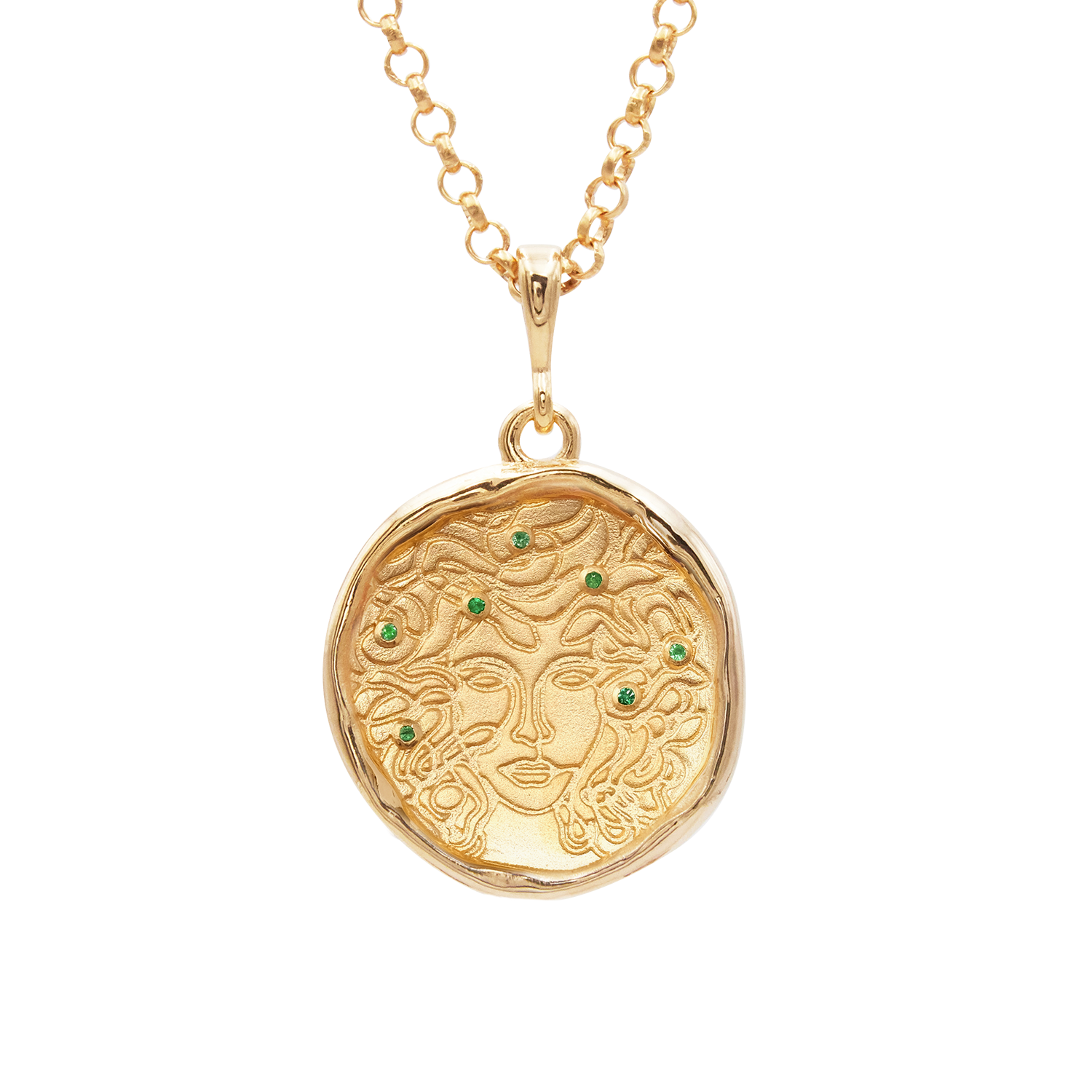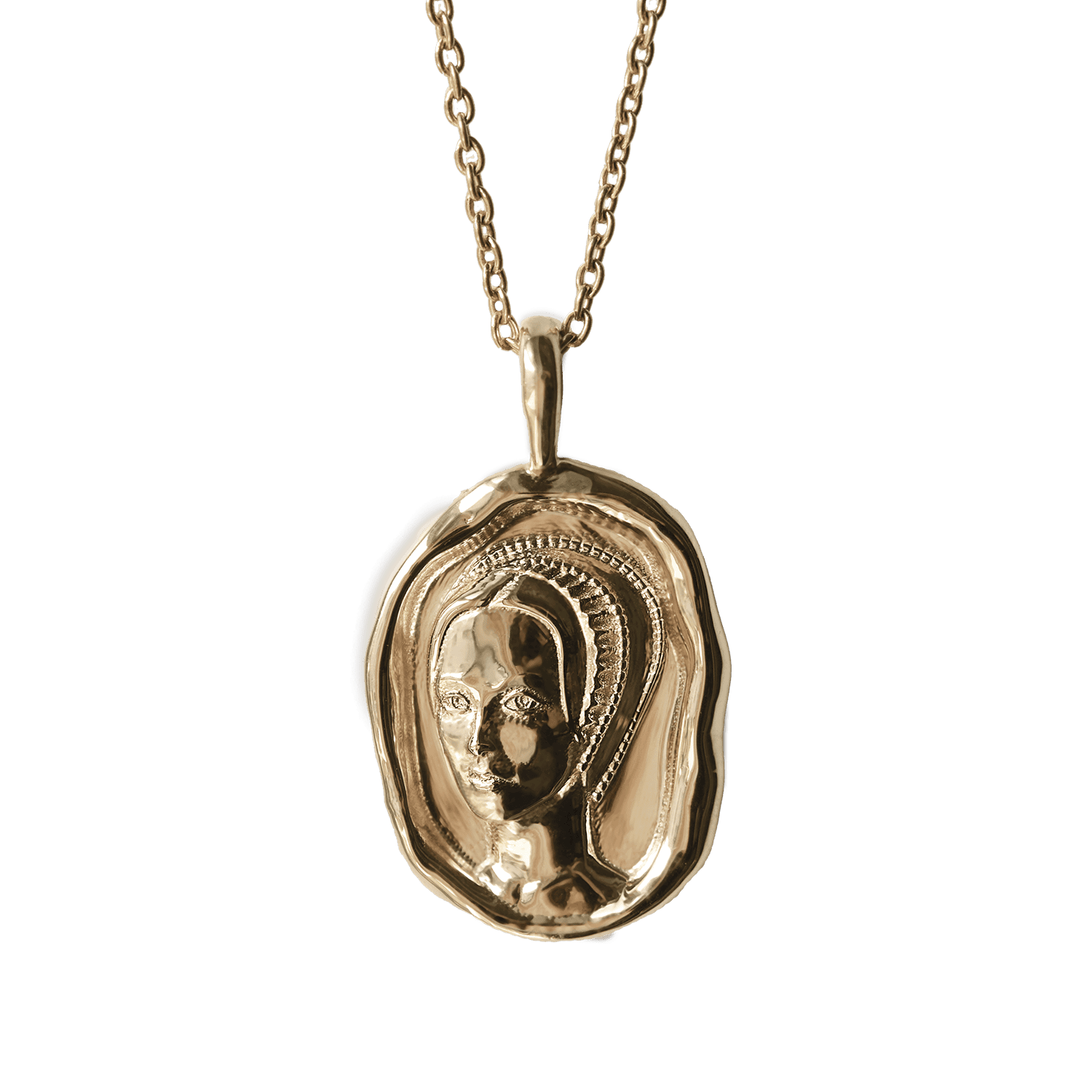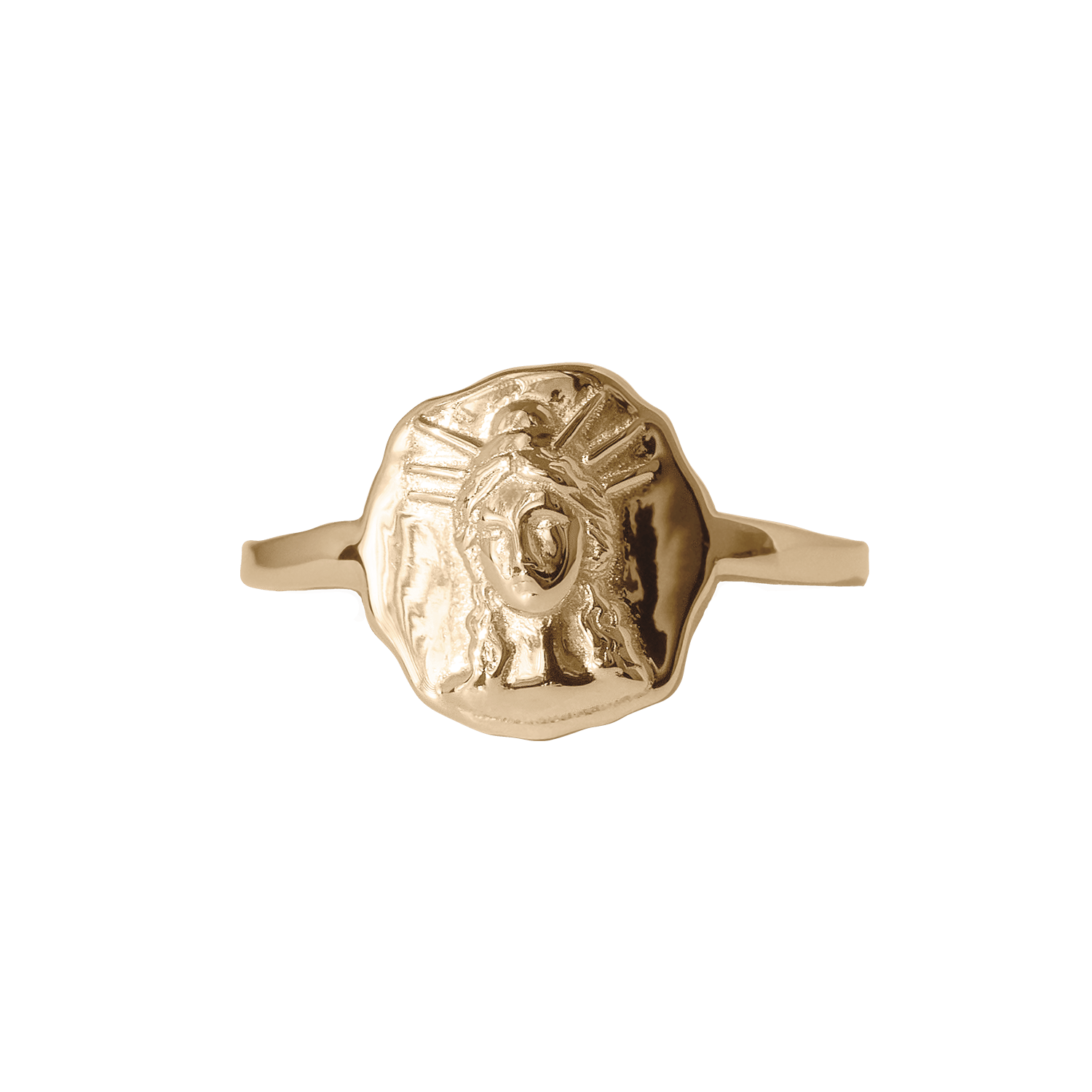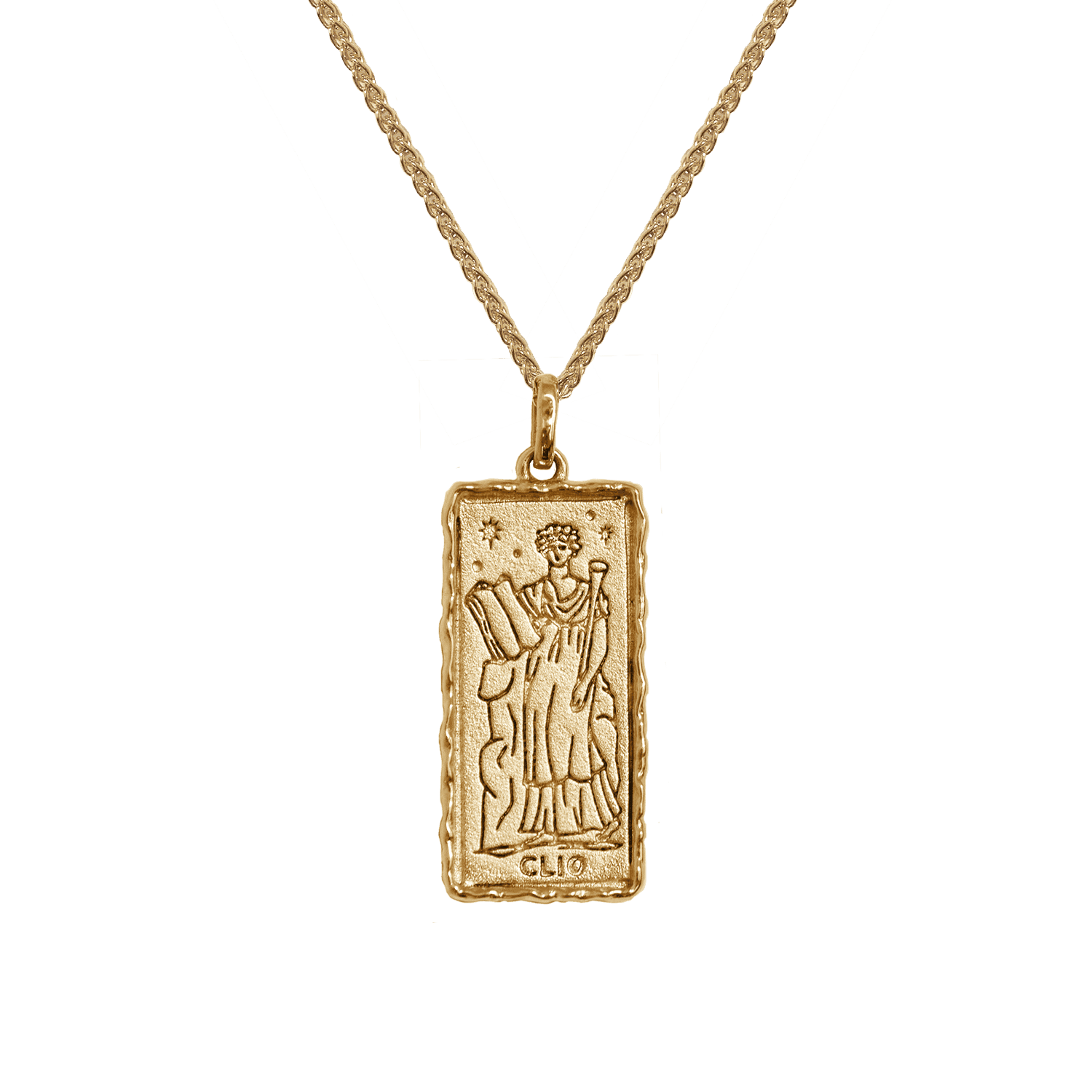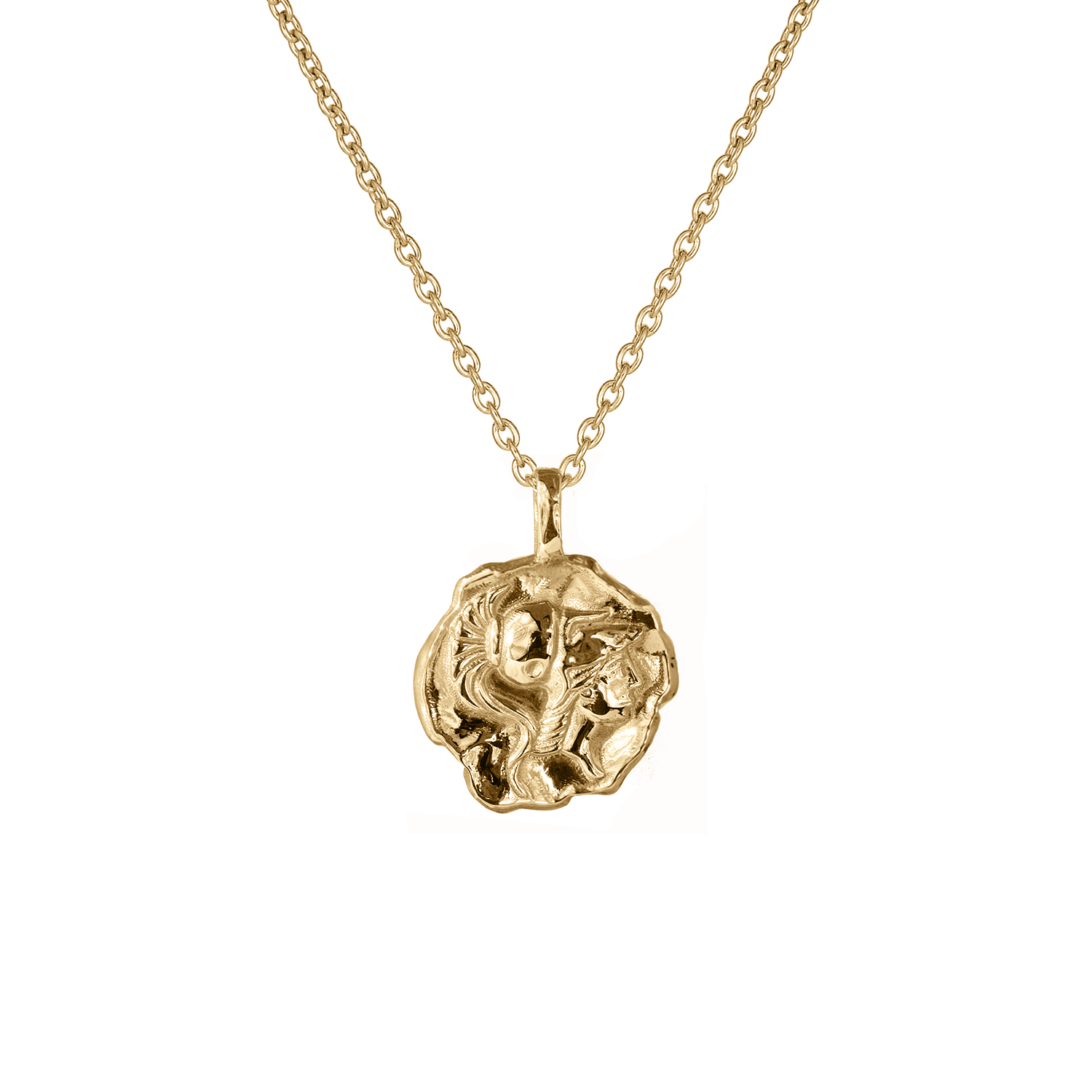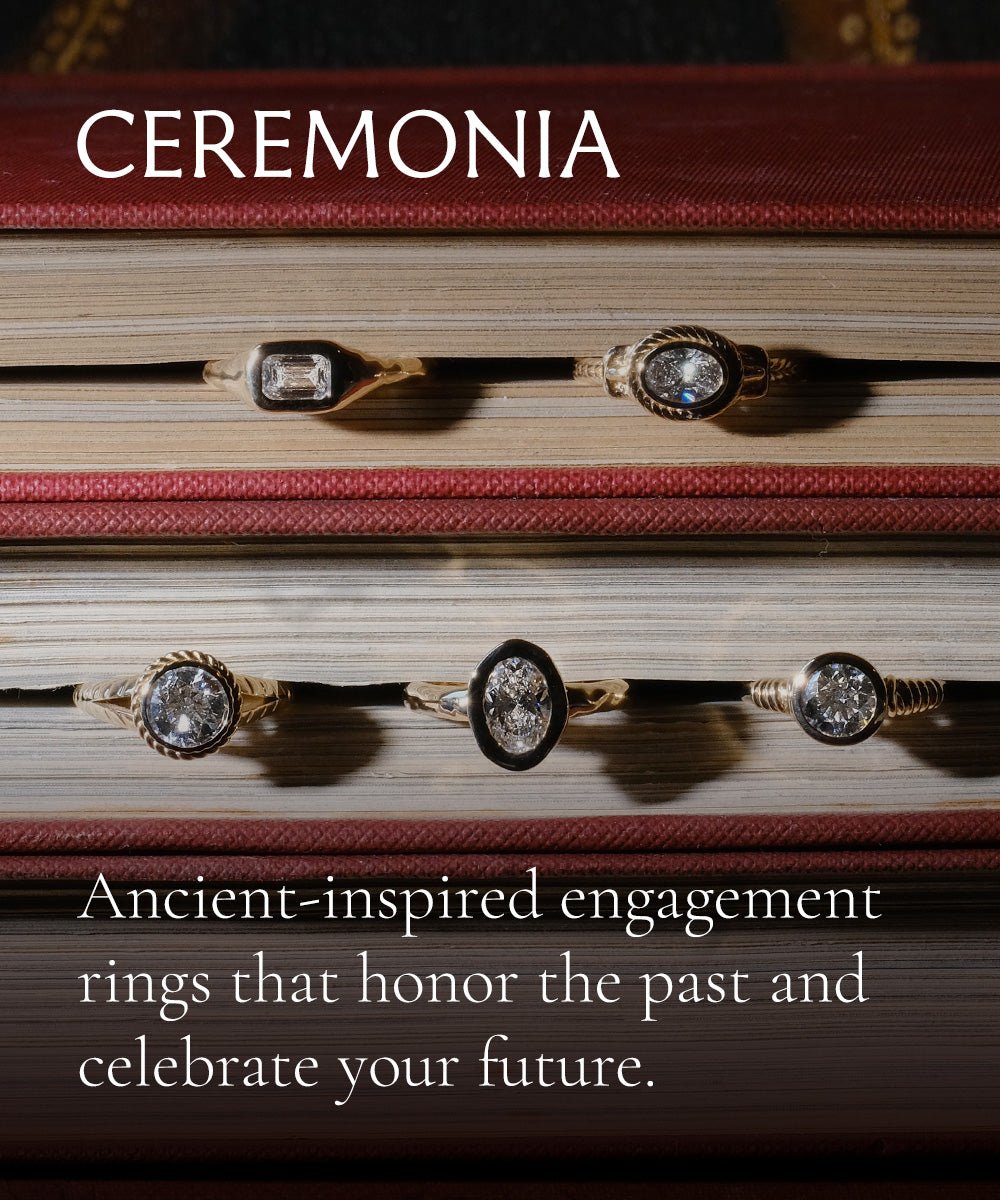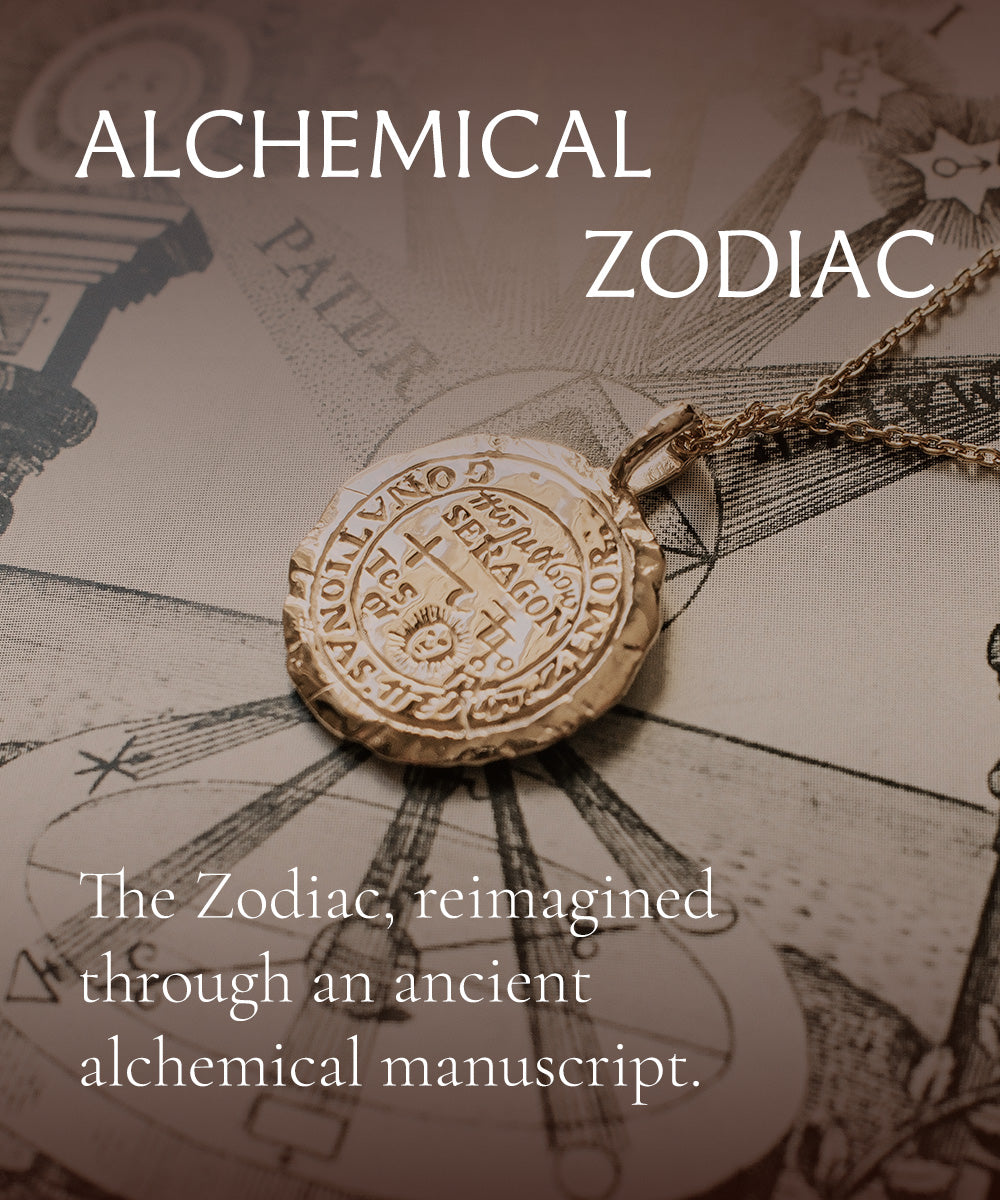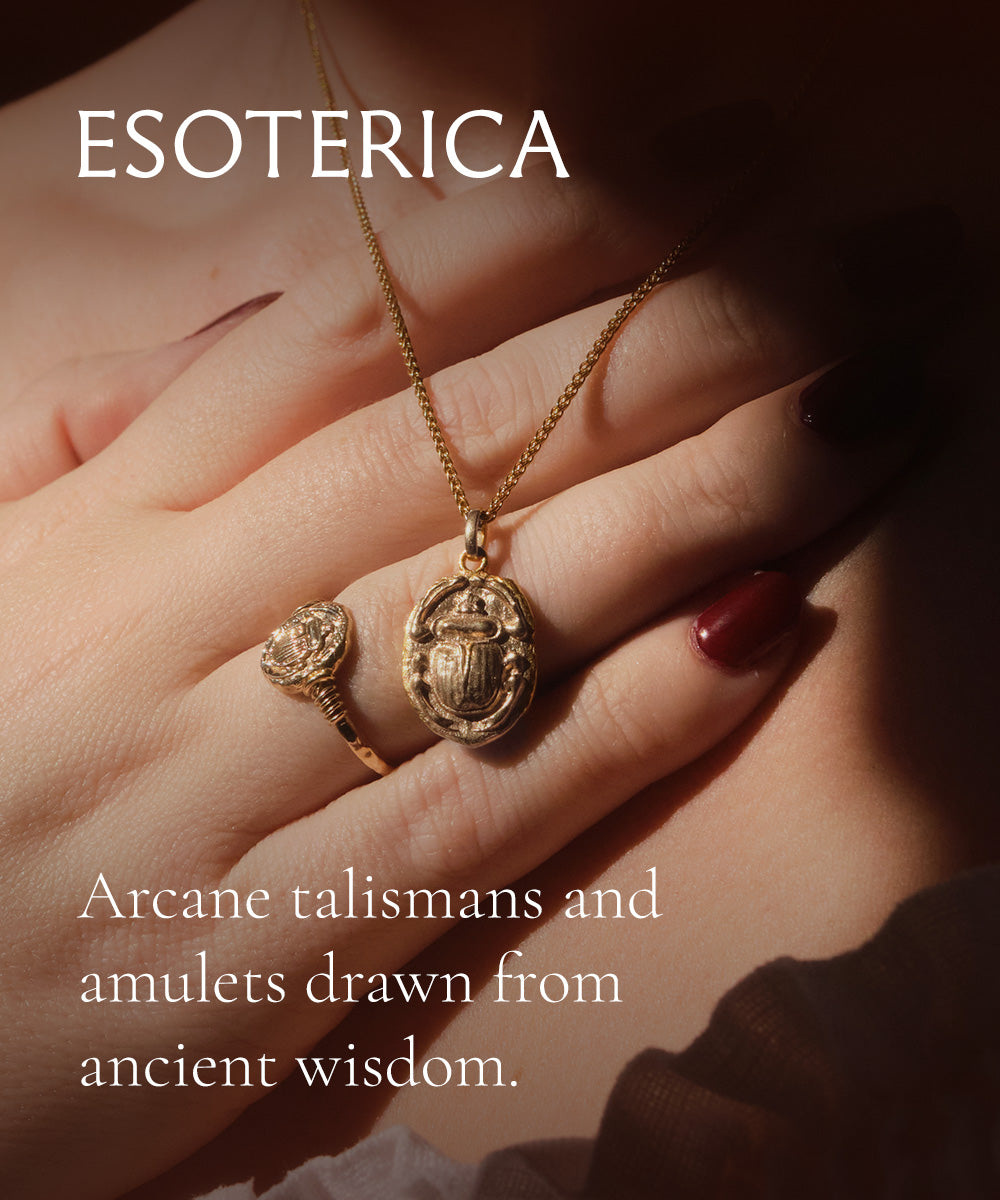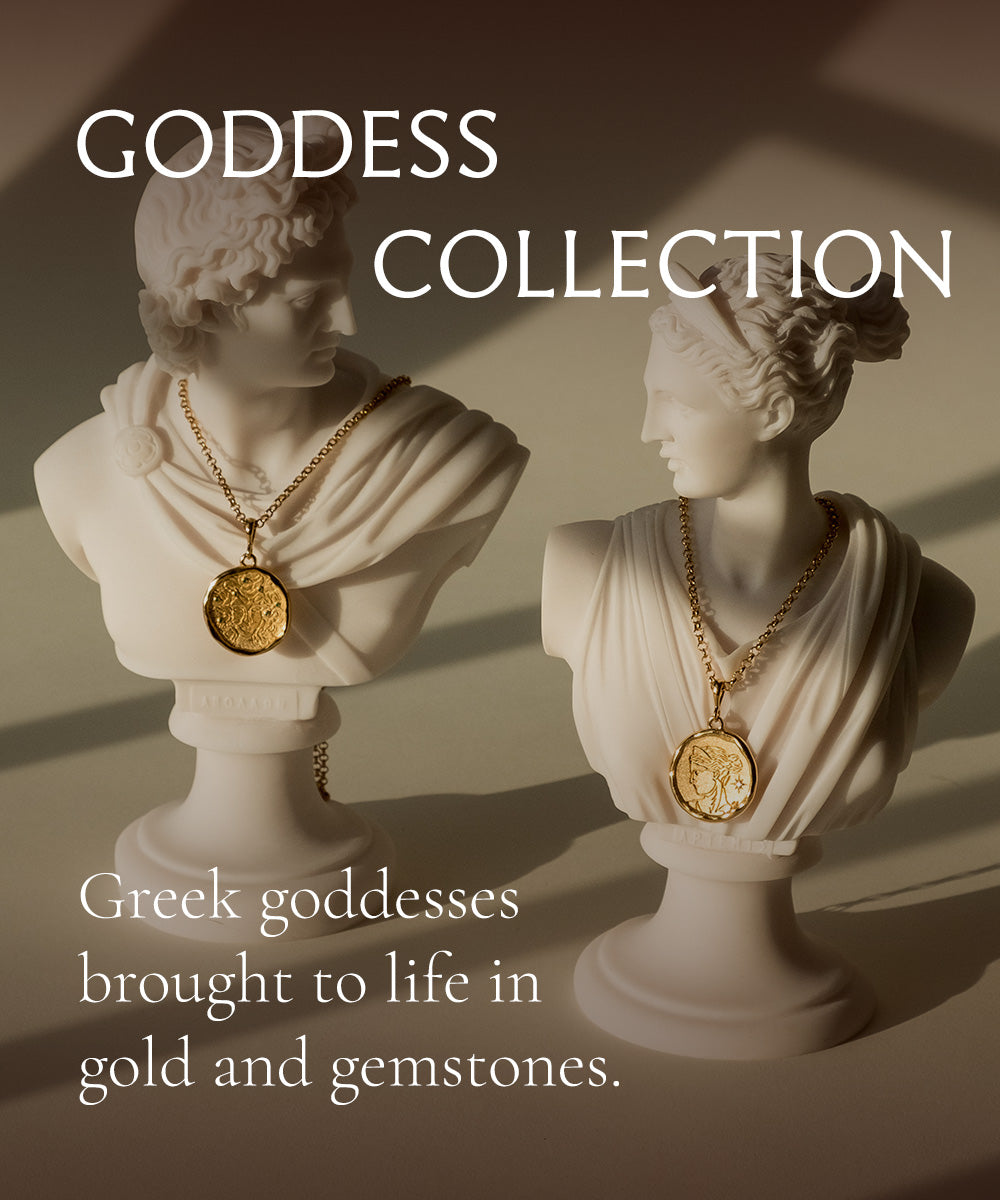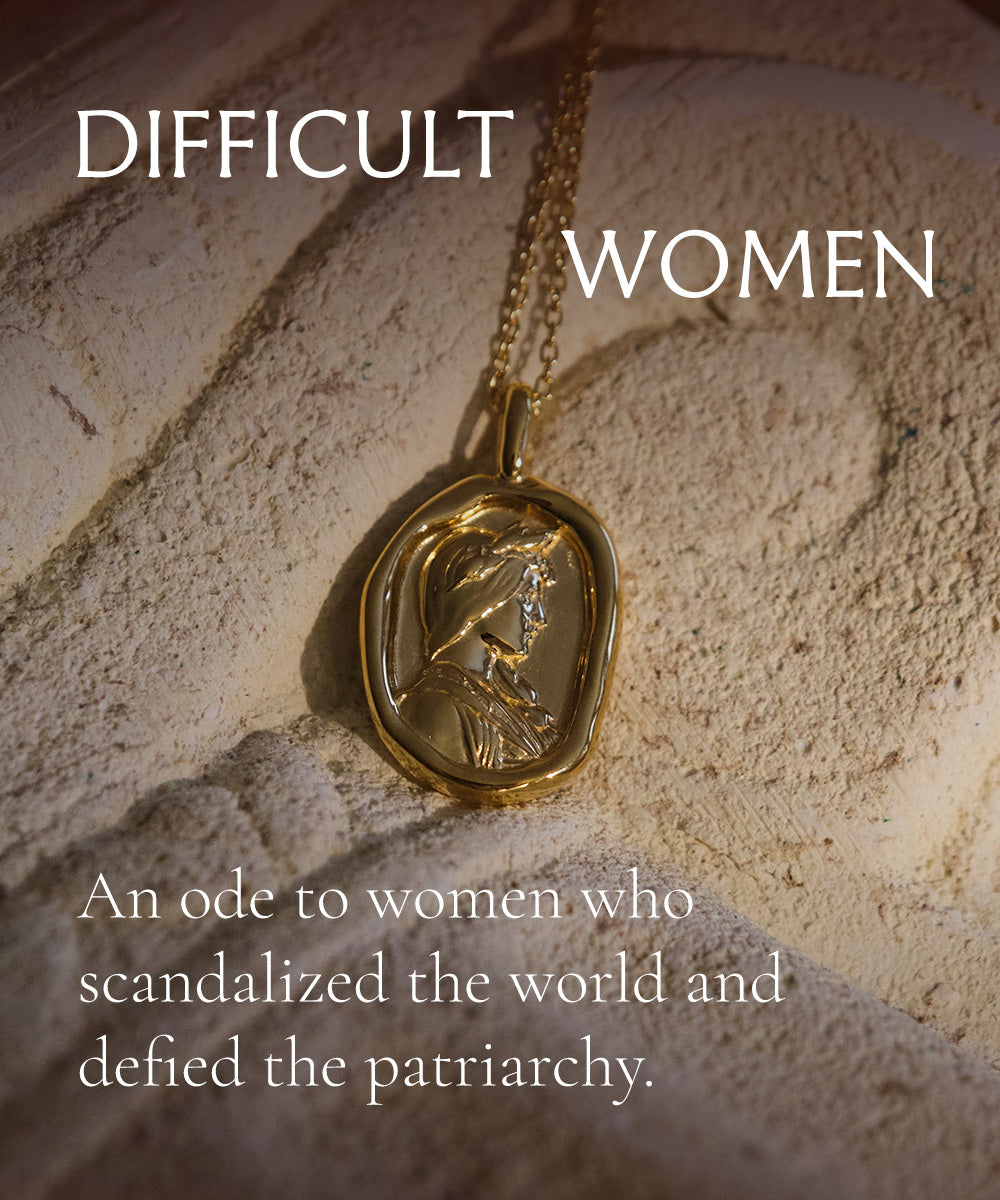A blank computer screen. An empty canvas. The drumming of idle fingers.
Stagnation, frustratingly unavoidable, seems like a monster spat straight from the depths of Tartarus. Creative blocks are as old as the world and as widely spread; thus, one must call upon the Muses to open up the mind to divine inspiration.
Hesiod’s Theogony, the ancient poem recounting the origins and rites of the gods, begins with an invocation of the Muses on Mt. Helicon.
“...Zeus’ daughters, masters of wordcraft / from a laurel in full bloom they plucked a branch, / and gave it to me as a staff, and then breathed into me / divine song, that I might spread the fame of past and future, / and commanded me to hymn the race of deathless gods, / but always begin and end my song with them.”
-Theogony / Hesiod, Translation by Apostolos N. Athanassakis, 29-34.
And so did Hesiod relay the creation stories of the Greek gods to mortals, never failing to acknowledge the Muses for the gift they granted him.
Calliope, the superior Muse, bestows her divine inspiration upon all poets and writers, and is called upon by those of the highest prestige whose works are lauded hundreds of years postmortem. She was an advisor to kings, princes, and gods.
Musings: visionaries, leaders, public speakers, entrepreneurs, advisors, writers, storytellers, novelists, poets, painters, journalists, reporters
Invoke for: epic poetry, storytelling, mythos, rhetoric art, imposing justice and serenity, giving and receiving advice
How to spot: Calliope is depicted holding a book or scroll in one hand and a stylus in the other.
Euterpe shines through musical instruments, as a crafter and a player. Though she may seem a bit reserved, her truest, most vibrant self comes out in her practice.
Musings: the musically inclined, instrument players, instrument makers, singers, songwriters
Invoke for: music and song, crafting and caring for instruments, lyric poetry, courses and dialectic
How to spot: Euterpe holds her aulos (flute) aloft, and is often surrounded by her instruments.
Clio’s study of history is a means to grapple with the complex issues that are faced in the present. The past shapes how we live today, and when she unearths patterns, nothing is ever truly lost to time.
Musings: lifelong students, bookworms, educators, orators, attorneys, court justices, engaged citizens, guitar and lyre players, those who value the lives and experiences of others
Invoke for: historical figures, patterns, human nature, relationships great and small, heroic and selfless acts
How to spot: Clio holds a book in her right arm and a clarion (trumpet) in her left hand.
Urania looks up, preoccupied with the heavens, the swirling celestial objects that represent the unknown, the discoverable.
Musings: astronomers, astrologists, physicists, progressive thinkers, philosophers, starry-eyed dreamers
Invoke for: heavenly guidance, astronomy, scientific breakthroughs, visions of the future
How to spot: Urania is depicted with a celestial sphere and a compass, under a scatter of stars.
